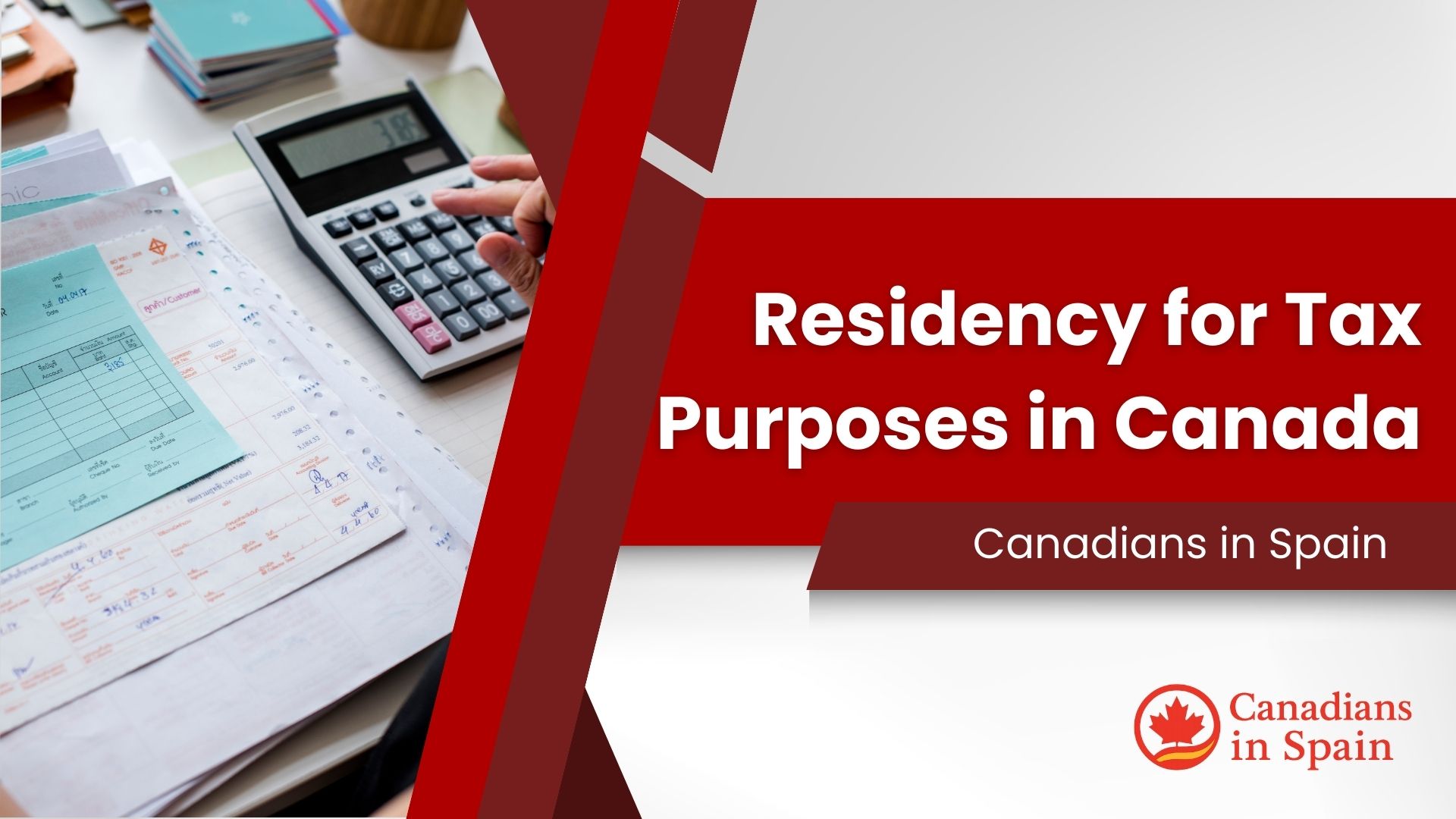Social Security: What Canadians in Spain Need to Know About the Convention
For Canadians considering or already living in Spain, understanding how cross-border Social Security benefits work is crucial for financial planning. The Convention on Social Security between Canada and Spain is a vital bilateral agreement that coordinates pension benefits, ensuring that periods of contribution or residence in one country are recognized by the other. This framework prevents the loss of benefit entitlements and helps you avoid double contributions.
This article will clarify the Convention’s provisions, the benefits it covers, and how you can apply for your Canadian and Spanish Social Security benefits.
The Canada-Spain Social Security Convention: A Foundation for Expats
Signed in 1986 and updated in 1995, the Convention on Social Security operates on key principles to protect the rights of individuals who have lived or worked in both countries.
How the Core Principles Protect Your Social Security
- Totalization of Periods: If you haven’t contributed long enough in one country to qualify for a benefit, this principle allows for the aggregation of your contribution periods from both Canada and Spain. For example, Canada will consider your insured periods under the Spanish pension program as contributions to the Canada Pension Plan (CPP). This ensures no creditable period is lost.
- Avoiding Dual Contributions: The agreement generally ensures you only contribute to one country’s Social Security system at a time. If you are employed in Spain, you contribute to the Spanish system, and vice versa.
- Benefit Portability: You can receive your pensions and benefits regardless of where you live. A Canadian receiving a Spanish pension can continue to receive it while living in Canada, and vice versa.
What Benefits Are Covered?
The Convention specifically covers benefits under Canada’s Canada Pension Plan (CPP) and the Old Age Security (OAS) program. For Spain, it covers the General System of Social Security, including retirement, disability, and survivor benefits. Note that this agreement does not cover the Quebec Pension Plan (QPP); you must contact Retraite Québec directly for that.
Canadian Social Security Benefits for Residents in Spain
Canadians living in Spain may be eligible for CPP and OAS benefits, with the Convention helping to meet eligibility requirements.
Canada Pension Plan (CPP)
The CPP provides retirement, disability, and survivor benefits. If you don’t meet the minimum contribution periods through CPP alone, Canada will consider your insured periods under the Spanish pension program as contributions. This can help you qualify for:
- Retirement Pension: Available at age 65 (or as early as 60 with a reduction).
- Disability Benefits: For severe and prolonged disabilities.
- Survivor’s Pension: Payable to a surviving spouse or partner.
Old Age Security (OAS) Program
OAS is a pension based on Canadian residency. If you don’t meet the residency requirements (e.g., at least 20 years for payment abroad), the Convention allows Canada to consider your periods of residence in Spain after age 18 as periods of residence in Canada to help you qualify. However, supplementary benefits like the Guaranteed Income Supplement (GIS) are generally not payable long-term outside of Canada.
Spanish Social Security Benefits for Canadians
Canadians with a work or residency history in Spain may be eligible for Spanish Social Security benefits.
Contributory Benefits
Spain offers a range of contributory benefits. If you don’t meet the minimum Spanish contribution periods, the Convention allows Spain to consider your CPP contributions and your periods of Canadian residence to help you qualify for:
- Retirement Pensions: The statutory retirement age is gradually increasing to 67 by 2027, with a minimum contribution period of 15 years required.
- Permanent Disability Pensions: Benefits for loss of income due to illness or accident.
- Survivor’s Pensions: Benefits for widowhood, orphans, and other family members.
Non-Contributory Benefits: Minimum Vital Income (IMV)
The IMV (Ingreso Mínimo Vital) is a Spanish Social Security benefit designed to prevent poverty. Under the agreement, Canadian citizens can receive IMV under the same conditions as Spanish citizens, which generally requires at least one year of legal residence and meeting specific economic vulnerability thresholds.
Frequently Asked Questions about Social Security
How do I apply for Canadian benefits if I live in Spain?
You must complete specific application forms available from Service Canada (e.g., ISP5054-ESP for OAS and CPP). You can submit these forms to a Social Security office in Spain, which will forward them to Canada, or mail them directly to Service Canada’s International Operations.
Is the Social Security agreement the same as the tax treaty?
No, they are two separate agreements. The Social Security Convention coordinates pension benefits and contributions. The Canada-Spain Tax Treaty deals with income tax to prevent you from being taxed on the same income by both countries.
What is “totalization” and how does it help me?
Totalization is the process of combining your periods of contribution or residence from both countries to meet the minimum eligibility requirements for a pension. For example, if you have 8 years of CPP contributions and 7 years of Spanish contributions, you can combine them to meet the 15-year minimum for a Spanish pension. However, each country will only pay a partial benefit based on the periods you contributed to its system.
I worked in Quebec. Am I covered by this agreement?
No. The federal government’s international Social Security agreements do not cover the Quebec Pension Plan (QPP). You must contact Retraite Québec directly to learn about any agreements they may have with Spain.
Do I need a professional to help me with this?
While you can apply on your own, navigating international Social Security can be complex. For intricate situations, especially involving Spanish bureaucracy, consulting a professional advisor (gestor) or a cross-border financial planner can be invaluable to ensure your applications are correct and you receive all the benefits you are entitled to.




